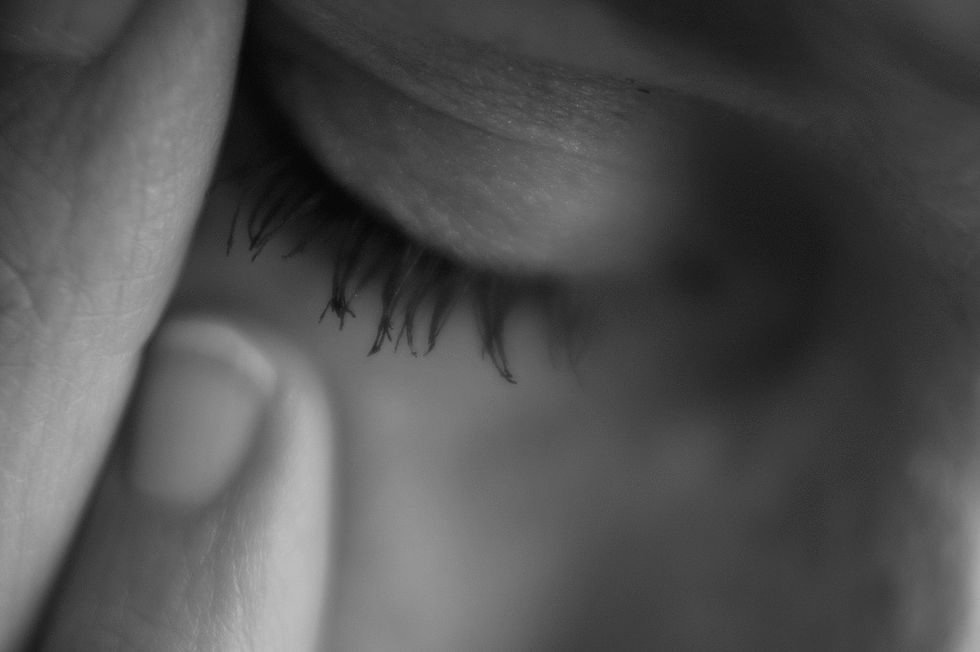As a person who regularly suffers from migraine headaches, I continually strive to find both natural and effective ways to cure the horrendous pain. Whether I wake up with an uncomfortable headache or a throbbing, unbearable headache, I have to find a way to relieve the unpleasant discomfort, so my daily life is not severely disrupted.
Over the past couple of years, I have evaluated a substantial amount of natural remedies and found the ones that work best for me and my distinct migraine discomfort.
Getting Enough Sleep At Night
Although this remedy is quite obvious, most people don't realize how dangerous sleep deprivation is and how many other difficulties, besides migraine pain, can result from not getting enough rest. Anxiety, depression, mood changes, difficulty concentrating, high blood pressure are all possible side effects of sleep deprivation. So, with help from my doctor, I created a sleep schedule to ensure I receive enough rest and to prevent future migraines.
Essential Oils
With numerous therapeutic aids, essential oils, especially peppermint and lavender, have always helped to alleviate the severity of my migraine pain. For best results, I apply peppermint or lavender essential oil to my temples and will continue to massage them for several minutes. This remarkably relives the stressful tension in my head. Furthermore, Vicks VapoRub is another excellent product to massage on the temples to relieve the tight, pressure-like feeling in your head and typically begins working immediately.
Ginger
Ginger, a tropical plant and commonly-used spice for cooking, is often used to treat migraine headaches. You can take it in the form of the actual root, powders, capsules, teas, and essential oils. For me personally, I enjoy drinking a herbal ginger root tea, and it not only alleviates head pain but also helps to relieve my upset stomach associated with my migraine. I highly recommend giving ginger a try if you regularly face migraine pain. Lastly, if you're not sure you should be taking ginger, make sure to follow up with your physician.
Hot and Cold Compresses
Another obvious option, however, knowing which one to use is critical. Before visiting with my doctor, I would just use whatever type of compress I felt like, not knowing that they should be used in different situations. For tension headaches, a hot compress will alleviate the tight muscles in your head or the back of your neck; on the other hand, cold compresses work better for migraines. Depending on what type of headache I'm dealing with, I will apply a compress, hot or cold, with a towel wrapped around it, and apply it to my head, or the back of my neck, for 15-20 minutes at a time. My pain either fully subsides, or feels more under control, after applying a compress.
Physical Activity
The remedy that no one wants to hear: exercise. Now, depending on what level of pain you're facing with your headache, physical activity may or may not be the best option. When I am facing a severe migraine, the last thing I want to do is perform an exercise, however, simply stretching, walking at a slow pace, or massaging your temples are easy, feel-good exercises that undoubtedly help to alleviate all the tension and pressure that creates my migraines. So, your exercise does not have to consist of much, but something little can help a lot in the long run!



















